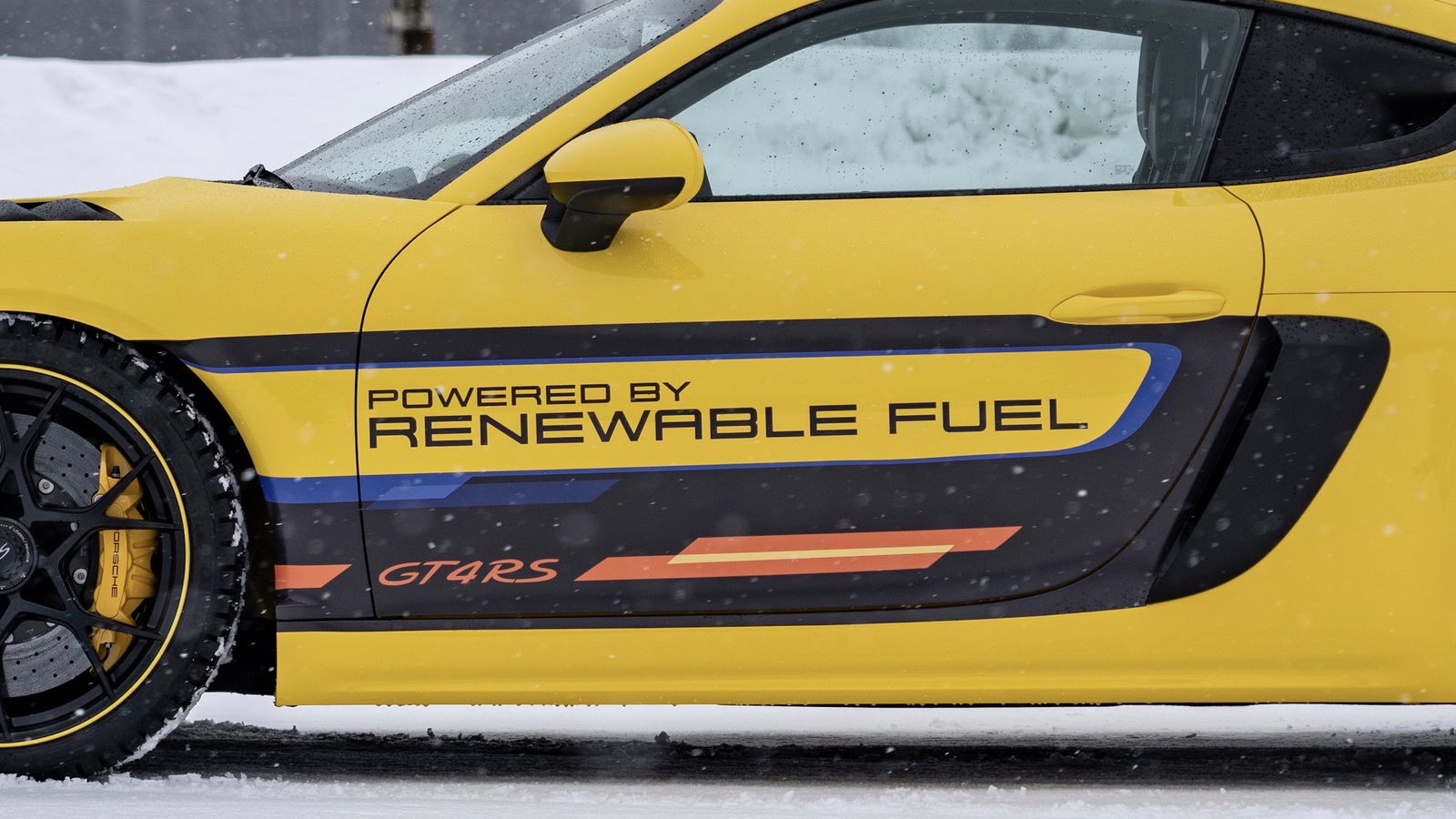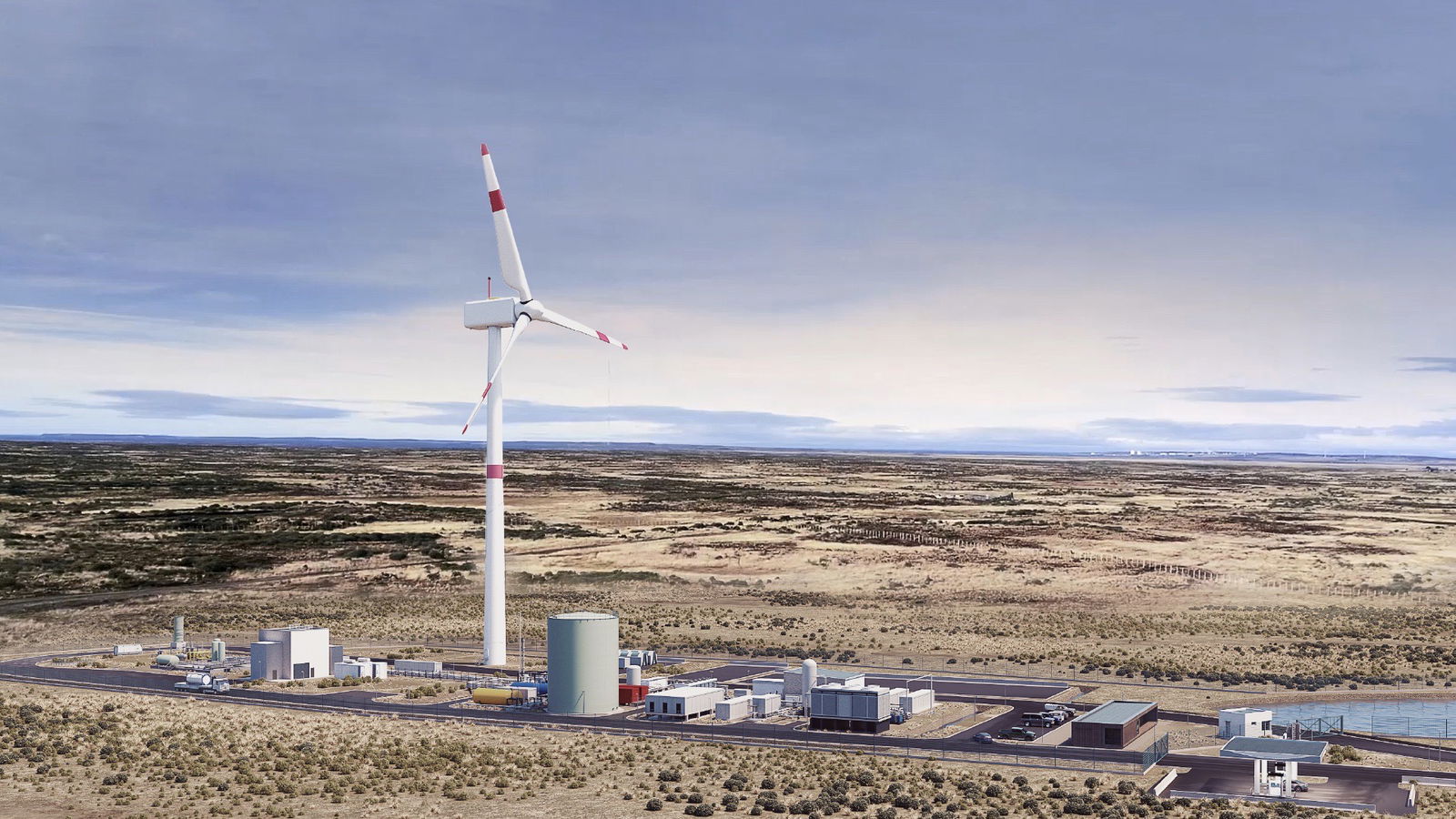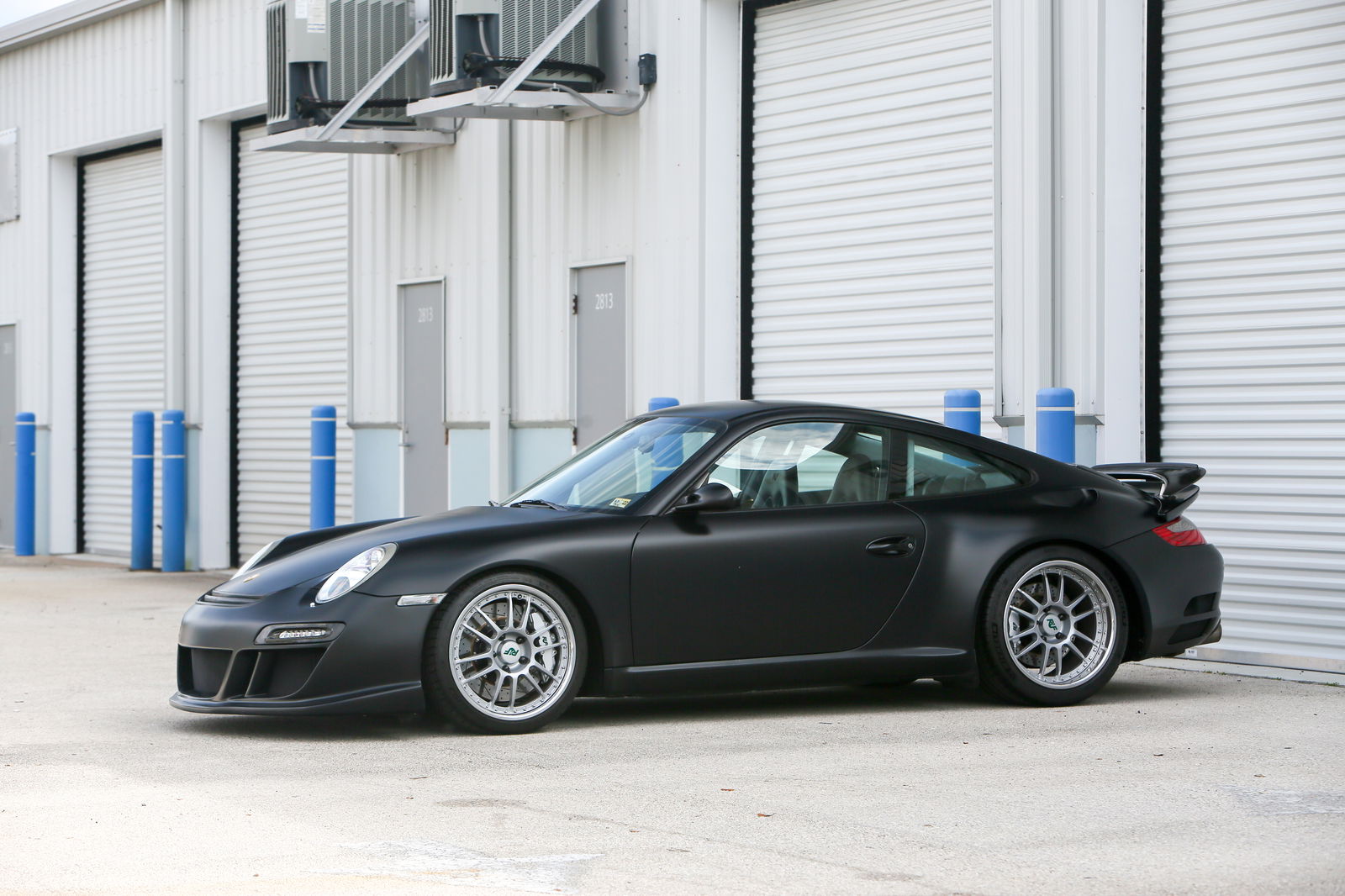Could Synthetic Fuels Keep Combustion Alive After 2035? Germany Thinks So

The much-touted all-electric future of the automobile may not be as inevitable as is made out. Major players in the industry are becoming increasingly interested in ways to keep the combustion engine alive using alternative fuels, and purely for pragmatic reasons. EVs might not make sense for all applications and regions, plus, banning the sale of non-electric cars doesn’t do anything to curtail the emissions of the millions of combustion engine cars still out there.
Volker Wissing, Germany’s Minister of Transport, certainly seems to agree that electric cars on their own aren’t enough to save the planet. As reported by Motor 1 Italy, he said in an informal meeting near Paris: “we cannot rely only on electric or hydrogen mobility for the future…we need to remain technologically neutral.”
He added, “We do not have enough electric vehicles, so we need to scale their availability”. The European Commission’s 2035 ban on the sale of new petrol and diesel cars, he thinks, should have an exception. “We want to allow combustion engines even after 2035…only if the cars can be powered exclusively with synthetic fuels.”
The beauty of synthetics is that cars don’t necessarily need any modifications to run them. For instance, earlier this month we had a drive of the new Porsche 718 Cayman GT4 RS (full report soon) using completely standard cars propelled by a biofuel derived from food waste.

Porsche is one of the manufacturers shouting the loudest about synthetic fuels, having already run 911 GT3 Cup and Supercup cars on the stuff. It’s partnered with Siemens and others to build an “almost carbon-neutral fuel” plant in Chile (rendered above) with a view to increasing production capacity to 550 million litres by 2026.
Meanwhile, Toyota, Subaru, Yamaha, Mazda and Kawasaki are collaborating on various projects aimed at “using fuel toward achieving carbon neutrality”. Activities include racing a Mazda3 running on biodiesel, and most recently, creating a hydrogen-fueled Yamaha/Toyota V8.








Comments
This puts a smile on my face
I hope this means I can continue to rev my engine in the future
Synthetic fuels are currently becoming more eco than EVs according to recent studies, so most likely they will.
Glad this if finally getting some attention.
BioFuel is already an alternative, nothing new. Especially dieselengines can run on a lot of fuel sources. A few options using foodwaste have already been explored here in the Netherlands, like used frying oil or sunflower oil, which is technically banned as a fuel source because you’re required to use a fuel you paid excise duty (accijnzen) over. Meaning, you don’t pay these special taxes, so by law you can’t use them as a fuel source even though it’s waste and works fine.
However, another concern is deforestation: Belgium will ban soy- and palm oil-based biofuels from next year to tackle deforestation concerns. It will join France, Austria and the Netherlands in no longer allowing palm oil as a raw material for transport biofuels from mid-2022, while soybean use will be halted from 2023. (agrusmedia.com)
There’s also ETHANOL, which a lot of people should probably already know of, that’s considered a renewable biofuel.